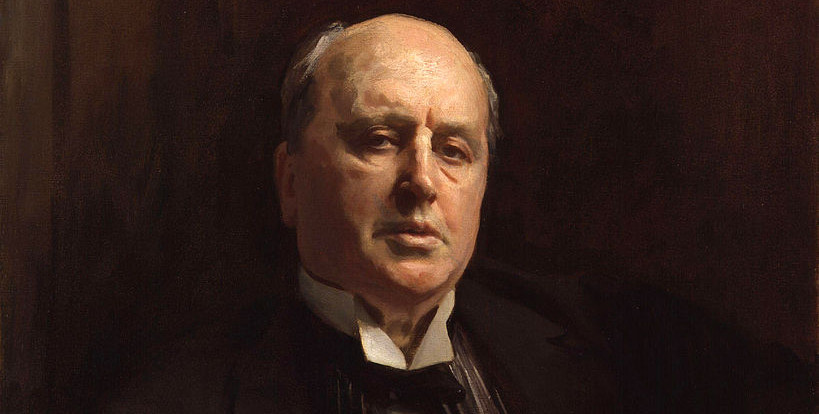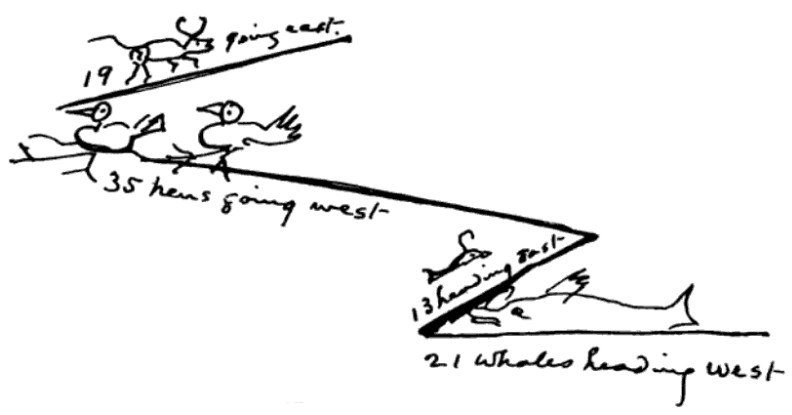In 1979 Auberon Waugh was working as a columnist at Private Eye when his editor offered him a trip to Senegal to help celebrate the anniversary of the magazine’s sister publication. “All I would have to give in exchange was a short discourse in the French language on the subject of breast feeding.”
The assignment struck Waugh as strange but not unaccountable — he’d been writing a regular column in a medical magazine that had touched on that topic.
“So I composed a speech on this subject in French, with considerable labour, only to find when I landed in Dakar that the subject chosen was not breast-feeding but press freedom.” He’d misheard the editor.
“There was no way even to describe the misunderstanding, since la liberté de la Presse bears no resemblance to le nourrisson naturel des bébés.”
(From Waugh’s 1991 autobiography Will This Do?)


